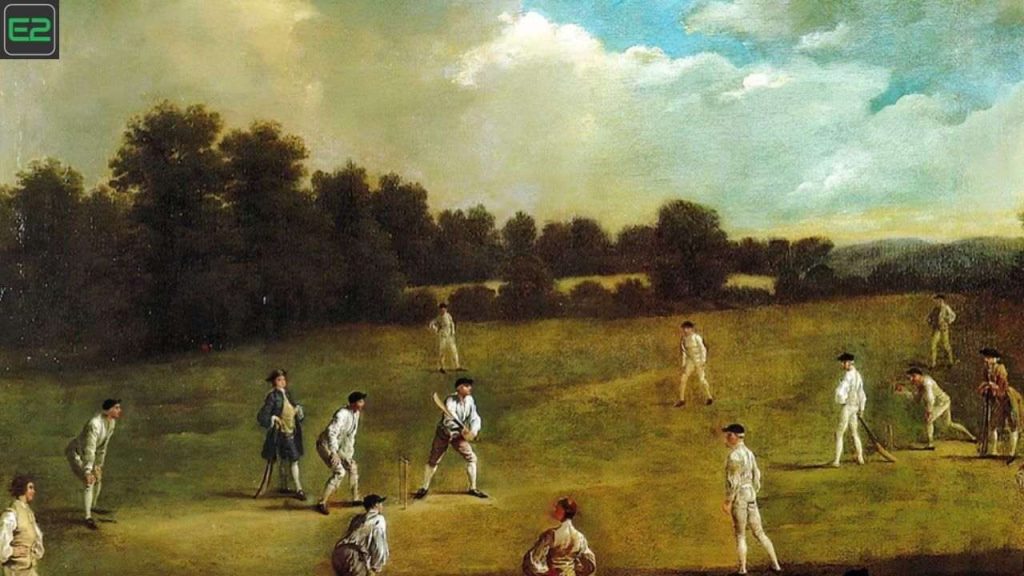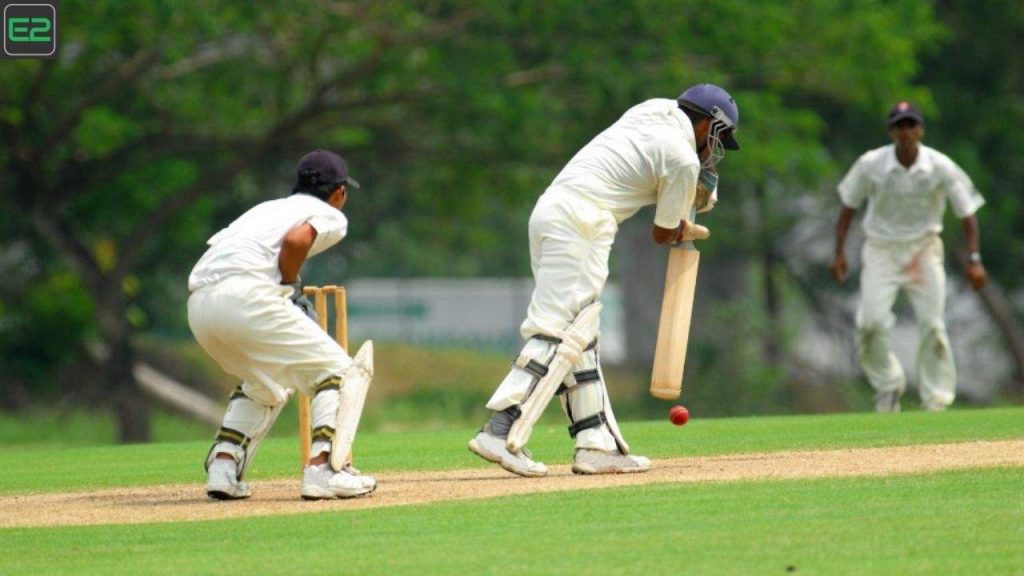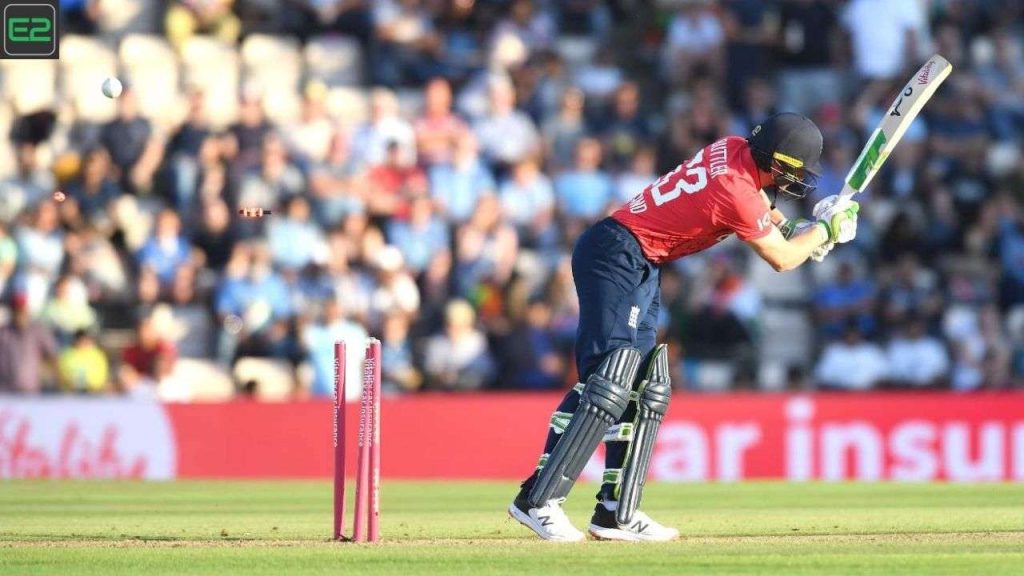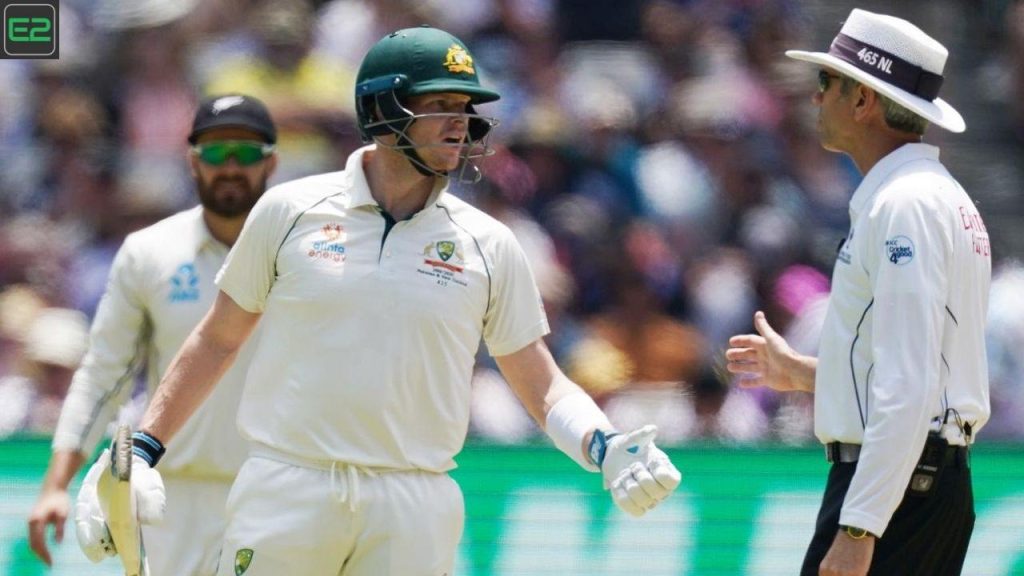Why Do Cricketers Rub the Ball?: In the world of cricket, one of the most iconic and peculiar sights is that of cricketers rubbing the ball—often seen with players applying gentle friction to it, sometimes using their hands, clothes, or even the ground. This seemingly simple act is, in fact, a crucial part of the game, especially for bowlers. But why do cricketers rub the ball, and what is the significance of this practice?
Why Do Cricketers Rub the Ball?
In this article, we delve into the reasons behind this technique, its impact on the game, and the role it plays in enhancing the performance of bowlers.
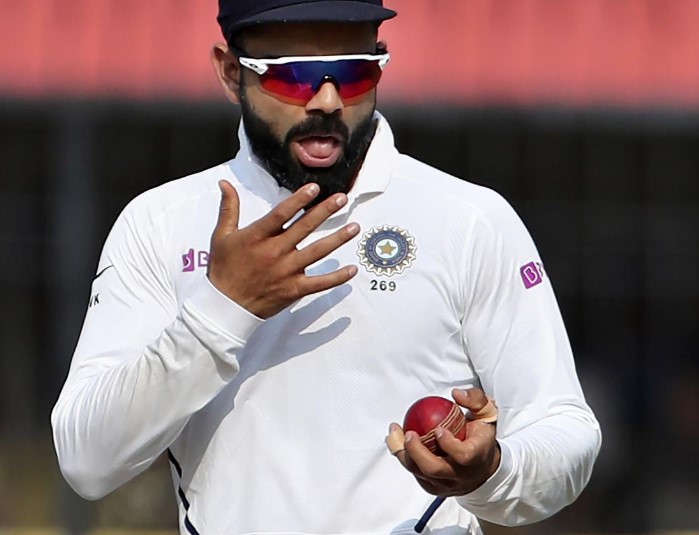
1. To Maintain or Alter the Condition of the Ball
The primary reason cricketers rub the ball is to maintain or alter its condition, which directly affects how it behaves on the field. Cricket balls, especially the red or white ones used in professional matches, are carefully engineered to swing, spin, and seam based on their condition. The ball has two sides: one shiny and smooth, and the other rough and abrasive. Cricketers rub the ball to manage this balance, which can significantly influence the game.
Shiny Side
The smoother, shiny side of the ball allows it to move more aerodynamically through the air, helping it swing in the direction of the seam. Bowlers like to maintain this side’s shine to get more swing, especially in the early overs of the game.
Rough Side
The rough side, on the other hand, is more abrasive and can generate movement off the pitch or encourage spin. Cricketers rub the ball on their clothing or the ground to enhance the roughness of this side.

The purpose of rubbing is to manipulate the ball’s balance between the shiny and rough sides, which can make the ball swing more effectively in the air or create more grip for spinners.
2. To Get the Ball to Swing or Reverse Swing
One of the most important techniques involving ball rubbing is getting the ball to swing. Swing bowling is a critical skill in cricket, where the bowler makes the ball move laterally through the air, often out of the reach of the batsman.
Conventional Swing
This occurs when the shiny side faces the batter, and the rough side faces the bowler. The rough side creates more friction in the air, while the shiny side reduces air resistance, causing the ball to move.
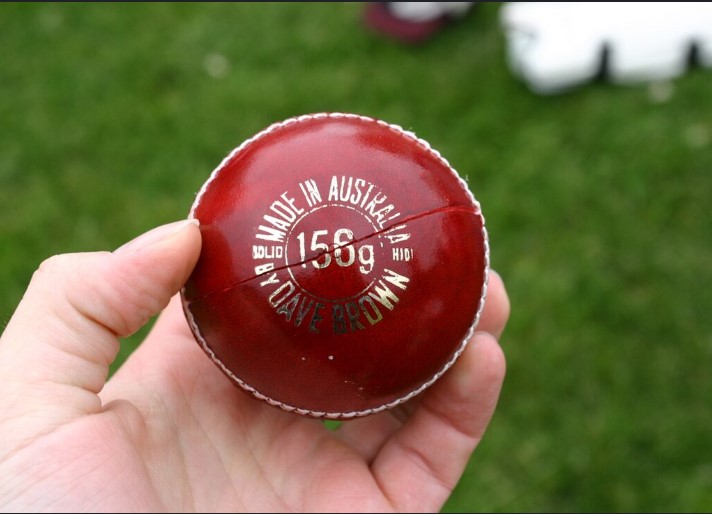
Reverse Swing
When a ball gets older and loses some of its shine, bowlers can create reverse swing, where the ball swings in the opposite direction to what would normally be expected. To achieve this, the bowler typically focuses on maintaining one side of the ball shiny while allowing the other side to wear down. Rubbing the ball and applying saliva or sweat to one side helps manage this process and creates the conditions needed for reverse swing.
Reverse swing is particularly effective at higher speeds, and bowlers like Wasim Akram, James Anderson, and Dale Steyn have perfected this art to trouble batsmen with unpredictable movement.
3. To Maintain the Ball’s Durability
In cricket, a ball used in a Test match can last for up to 80 overs (though it may be replaced sooner if damaged). To ensure it remains in good condition for as long as possible, bowlers and fielders constantly rub the ball to avoid excessive wear on one side. This practice helps in maintaining the ball’s balance and prolongs its lifespan, allowing bowlers to continue using the ball effectively for as long as possible.

4. To Generate Spin for Spinners
For spin bowlers, rubbing the ball also plays an essential role in generating spin. The rougher side of the ball provides greater grip on the surface of the pitch, allowing spinners to impart more turn.
For Off-Spinners
Off-spin bowlers rub the ball to accentuate the rough side on the right side of the ball (for a right-handed bowler) to get more grip, which helps them turn the ball away from the batter.
For Leg-Spinners
Leg-spin bowlers rub the ball on the opposite side to enhance the roughness on the left side, helping them turn the ball in towards the batter.
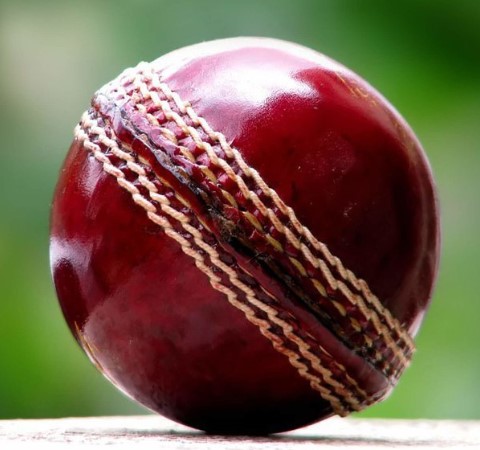
The process of rubbing the ball on their clothes, or even on the ground, is a crucial ritual that spinners use to ensure they can extract maximum spin from the ball, making it more difficult for the batsman to judge.
5. The Psychological Aspect
Cricketers are highly focused during the game, and rituals like rubbing the ball may also serve a psychological purpose. It can help the bowler build rhythm and focus before delivering a ball. For some bowlers, the act of rubbing the ball is almost a form of meditation, giving them a moment to gather their thoughts and prepare for the next delivery. This ritualistic act can provide a sense of control and routine, helping the bowler maintain their composure under pressure.
6. Controversial Use of Ball Tampering
While rubbing the ball is a legal and essential technique in cricket, there have been instances where players have been caught using foreign substances or illegal methods to alter the ball’s condition, leading to ball-tampering controversies. This includes using things like sandpaper, or even saliva mixed with other substances, to alter the ball’s surface to gain an unfair advantage.
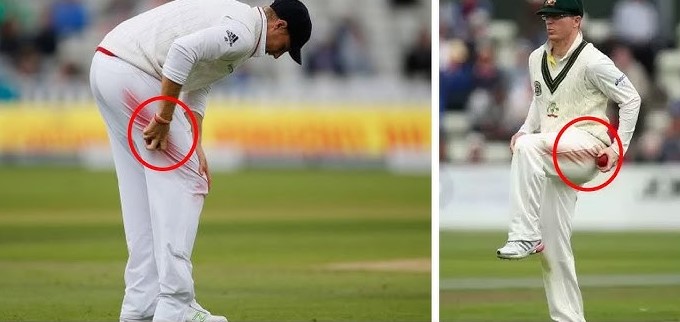
Notable incidents include the infamous 2018 Australian ball-tampering scandal, where Australian cricketers Steve Smith, David Warner, and Cameron Bancroft were caught using sandpaper to scuff up one side of the ball during a Test match in South Africa. This act led to significant sanctions, including bans for all three players.
Ball tampering is strictly prohibited by the International Cricket Council (ICC) and is punishable by heavy fines, bans, and reputational damage.
7. Legal Ways to Shine the Ball
Apart from rubbing the ball with clothes, many cricketers use their saliva or sweat to maintain the ball’s shine. This is entirely legal and common practice in the game. In fact, it’s a widely accepted technique to help achieve conventional swing, especially in the early overs when the ball is new.
However, using other substances, such as applying wax, polish, or anything foreign to the ball, is not permitted and can lead to penalties for the player involved.
The act of rubbing the ball in cricket may seem simple, but it is an essential and strategic part of the game. Whether to maintain the balance between the shiny and rough sides of the ball, to generate swing or spin, or to prolong the ball’s lifespan, this practice has a significant impact on the outcome of a match.
It’s not just about the bowler’s technique but also about the strategy, psychology, and even the thrill of watching the ball change and move unpredictably. While it’s a common practice for players to rub the ball in legal ways, it’s also a reminder of how cricket continues to evolve with a careful balance of skill, tradition, and sportsmanship.
You will have fun playing exciting games on here: E2Bet
Here Are Some Helpful Tips:




